Discover A Story of Us
A Story of Us

A Story of Us
Author: Ohio State Anthropology graduate students
Subscribed: 362Played: 2,707Subscribe
Share
© All rights reserved
Description
An original podcast brought to you by the graduate students of the Department of Anthropology at The Ohio State University. Join us once as we explore the human experience!
We are now a part of the Anthropology Public Outreach Program at The Ohio State University. Follow us @ohiostateAPOP
We are now a part of the Anthropology Public Outreach Program at The Ohio State University. Follow us @ohiostateAPOP
62 Episodes
Reverse
In this episode of A Story of Us, Nagarathna Balakrishna chats with renowned paleoartist John Gurche (https://gurche.com/) as he candidly reflects on his early journey into reconstructing our ancestors, shares how he blends science and art in his work, navigates the creative and ethical challenges of reconstruction, and offers thoughtful advice for aspiring students in the field.
In this episode, we sit down with Julia (frost6603@gmail.com), an undergraduate in the Anthropology Department at The Ohio State University, to talk all things archaeology, art, and ancient plants. From excavating in the Northern Chaco Outliers Project to working in an archaeobotany lab, Julia shares how her interdisciplinary lens—combining anthropology with art—shapes the way she studies the past. We chat about collaboration, creativity, and the questions that drive her research into ancient human-environment relationships.
In this episode, Dr. Habiba Chirchir, a biological anthropologist, discusses her research on skeletal anatomy and behavior and its implications for understanding human evolution. She explores what it means for the human skeleton to be more ‘gracile,’ drawing comparisons between the domestication of domestic dogs and wolves, the challenges of interpreting skeletal changes, and the importance of collaboration and mentorship in her work.
Dr. Chirchir is looking to grow her team! If you're interested in joining, reach out at chirchir.4@osu.edu or visit the Skeletal Anatomy Lab (https://habibachirchir.wixsite.com/scientist-site) to learn more.
For our first episode of the year, our new host, Nagarathna Balakrishna, sits down with fellow PhD candidate and former podcast host, Andrew Mitchell (mitchell.13@osu.edu), to discuss his dissertation fieldwork on Oaxacan culinary adaptations across Columbus, Los Angeles, and Oaxaca City.
Join us as Andrew shares what drew him to cultural anthropology, insights from his research on culinary adaptations across the three sites, challenges of fieldwork, and his teaching activities. Plus, get a sneak peek into some of his fascinating findings— and keep an eye out for his public defense around April!
This episode Andrew Mitchel sits down with Associate Clinical Professor Dr. Katie Zejdlik. They discuss the joys of reading fiction as a way to decompress, Dr. Zejdlik's work on mortuary contexts in Romania/Transylvania (https://www.archaeological.org/fieldwork/medieval-cemetery-funerary-excavation-living-and-dying-on-the-edge-of-europe-transylvania-romania/) and her approach to teaching archeology and forensics.
This episode Andrew Mitchel sits down with Ohio State PhD Candidate Ben Mertus. They discuss the article Beyond Wiindigo Infrastructure (https://grangehallpress.com/Enbridgeblog/wp-content/uploads/2023/04/Beyond_Wiindigo_Infrastructure.pdf); the concept of ecotourism in anthropology; Ben's fieldwork in Manawan, Quebec; the concept of resilience in his research; the hidden costs of fieldwork; and Ben's teaching.
This episode Andrew Mitchel sits down with Ohio State PhD Candidate Harold "Butch" Wright. They discuss readings on commensality (https://www.bloomsbury.com/us/commensality-from-everyday-food-to-feast-9780857857361/), social network analysis (https://www.wiley.com/en-us/Communities+and+Networks%3A+Using+Social+Network+Analysis+to+Rethink+Urban+and+Community+Studies-p-9780745654201), and food insecurity (https://onlinelibrary.wiley.com/doi/full/10.1002/ajhb.23821). They then cover Butch's fieldwork in Parque das Tribos in Manaus, Brazil; discuss the pros and cons of applying standardized food insecurity measures to this community; and show how food is tied closely to be egocentric networks and urban indigenous identity in Brazil and beyond.
This episode Andrew Mitchel sits down with Ohio State PhD Candidate Madelyn (Madee) Green (green.1365@osu.edu). They discuss research on isolation in islands, Madee's fieldwork in Japan with prehistoric Jomon populations, the Sannai Maruyama site (https://jomon-japan.jp/en/learn/jomon-sites/sannai-maruyama), and her teaching strategies.
This episode Andrew Mitchel sits down with OSU Anthropology's newest hire in forensic anthropology, Dr. Nicholas Passalacqua. They discuss an article on the legal and social ramifications for wrongdoing (https://doi.org/10.2307/2564673), the definition of forensic anthropology, the process of completing a case analysis, a textbook project Dr. Passalacqua has worked on (https://titles.cognella.com/forensic-anthropology-9798823309363), and an ethics book Dr. Passalacqua is co-writing with OSU alumnae Marin Pilloud (https://shop.elsevier.com/books/ethics-and-professionalism-in-forensic-anthropology/passalacqua/978-0-12-812065-1).
In this interview, Andrew sits down with Maddison Elliott, who is graduating with her MA this semester in anthropology. They discuss The book Buzz (https://nyupress.org/9781479827381/buzz/), Maddison's MA thesis on pollinator protection, hierarchies of insects, roundtable method of teaching introductory anthropology courses, and the Wicked Science program at Ohio State (https://u.osu.edu/wicked/)!
In this interview, Andrew Mitchel chats with PhD candidate Craig Shapiro to discuss the insights from the text Polynesia, 900-1600 Past Imperfect by Madi Williams (https://www.arc-humanities.org/9781641892148/polynesia-9001600/), the role and importance of epistemology and community archeology, Craig's ongoing fieldwork in Samoa, and conclude with considering the quandary of moving beyond the practice of artifact expatriation.
In this interview, Andrew Mitchel chats with PhD candidate Steven Rhue to discuss the effects of household water insecurity on child health and well-being, a recently systematic review article on the topic by Steven and colleagues (https://wires.onlinelibrary.wiley.com/doi/10.1002/wat2.1666), Steven's fieldwork on the subject with children ages 5-10 in Belém, Brazil, and Steven's experience at UN 2023 Water Conference in March 2023 (more here: https://medicalhealthhumanities.com/2023/05/01/what-did-it-all-mean-the-united-nations-first-conference-on-water-in-over-50-years/). You can read more on the topic in Steven's piece Acknowledged but Unheard: The Absence of Children's Voices in Water Insecurity (https://medicalhealthhumanities.com/2021/03/26/acknowledged-but-unheard-the-absence-of-childrens-voices-in-water-insecurity/).
The study, “The effects of household water insecurity on child health and well-being” was supported by the Household Water Insecurity Experiences Research Coordination Network (HWISE- RCN) funded by the National Science Foundation (grant BCS-1759972)
Steven Rhue’s doctoral dissertation research is supported by the National Science Foundation (grant BCS-2215227) and The Ohio State University Office of International Affairs and its’ Global Gateways.
In this interview, Andrew Mitchel sits down with our lecturer specializing in primatology, Dr. Jeffrey Peterson. They discuss multispecies ethnography, the foundations of primatology, Dr. Peterson's dissertation on Social Traditions and Social Networks among Long-Tailed Macaques in Indonesia (https://curate.nd.edu/show/bv73bz63b34), robbing and bartering among these same long-tailed macaques (https://www.nature.com/articles/s41598-022-11776-7), and methods for getting students excited about anthropology.
In this interview, Andrew Mitchel sits down with our new forensic anthropologist Dr. Stephanie Cole. They discuss forensic anthropology's methods and implications, Dr. Cole's PhD research on subadult sex estimation (https://scholarworks.unr.edu/handle/11714/8364), the Morphological Pelvis and Skull Sex Estimation Database (https://www.morphopasse.com/program.html), the Ontogenetic Subadult Sex Estimation System (https://stephanie-j-cole.shinyapps.io/OnSEt-System/) and Ohio State's new B.S. in Forensic Anthropology (https://anthropology.osu.edu/major-forensic-anthropology-bs).
In this interview, Andrew Mitchel sits down with Dr. Elizabeth Holdsworth to discuss her work on the Mother-Infant Microbiomes, Behavior, and Ecology Study (https://pubmed.ncbi.nlm.nih.gov/37556398/), the relationship between maternal stress and infant health caregiving behaviors and infant methylation (https://onlinelibrary.wiley.com/doi/full/10.1002/ajhb.23876), her PhD research on role of social support on infant health(https://link.springer.com/article/10.1007/s10995-018-02706-z), her future directions for research and teaching at Ohio State, and her upcoming work in press on the impact of cannabinoids on breast milk.
In this interview, Andrew Mitchel sits down with Dr. Anaís Roque to discuss community health, her research on resource insecurity, the case of Puerto Rico, the strengths of interdisciplinary research and the collaborative lab she is developing on campus. Anaís' publications can be found at https://scholar.google.com/citations?user=5yt016MAAAAJ&hl=en, and students interested in the Community Health Lab can sign here at https://docs.google.com/forms/d/e/1FAIpQLScyXwoxCXjnyZcR8Yz29o7vQS9y0swZbmQS_Ycp0Qz7j4ZvBA/viewform!
In this interview, Andrew Mitchel sits down with Dr. Scott McGraw to discuss primatology, how to teach about primates to undergraduate students, the role and importance of teeth in the study of primates, his role as chair of the Anthropology department and colobus monkey conservation. The referenced teeth article can be found at https://doi.org/10.1002/ajpa.24592, and the red colobus action plan is at https://portals.iucn.org/library/node/49478.
In this interview, Andrew Mitchel sits down with Dr. Joy McCorriston to discuss archaeobotany, how to teach the Anthropocene to undergraduate students, the role and importance of collaborative research, a project connecting Ohio State to HBCUs and the origins of agriculture as a subject of study.
In the finale of our Engagement series, Shane interviews Dr. Erin Moore, the newest faculty member in the Ohio State University Anthropology Department. Dr. Moore speaks to us about her research with women and girls in Uganda and with multinational nongovernmental organizations. Shane and Dr. Moore discuss the concept of a "gender panic" and the importance of being transformed by research.
In the fifth episode of our Engagement series, Shane interviews Dr. Mandy Agnew, a biological anthropologist who directs the Skeletal Biology Research Laboratory at Ohio State. Dr. Agnew tells us about how her grandparents and mentors helped shape her journey to anthropology. She also discusses her ongoing research with industry partners and the importance of collaborating and communicating with stakeholders at all phases of the research process.
 United States
United States

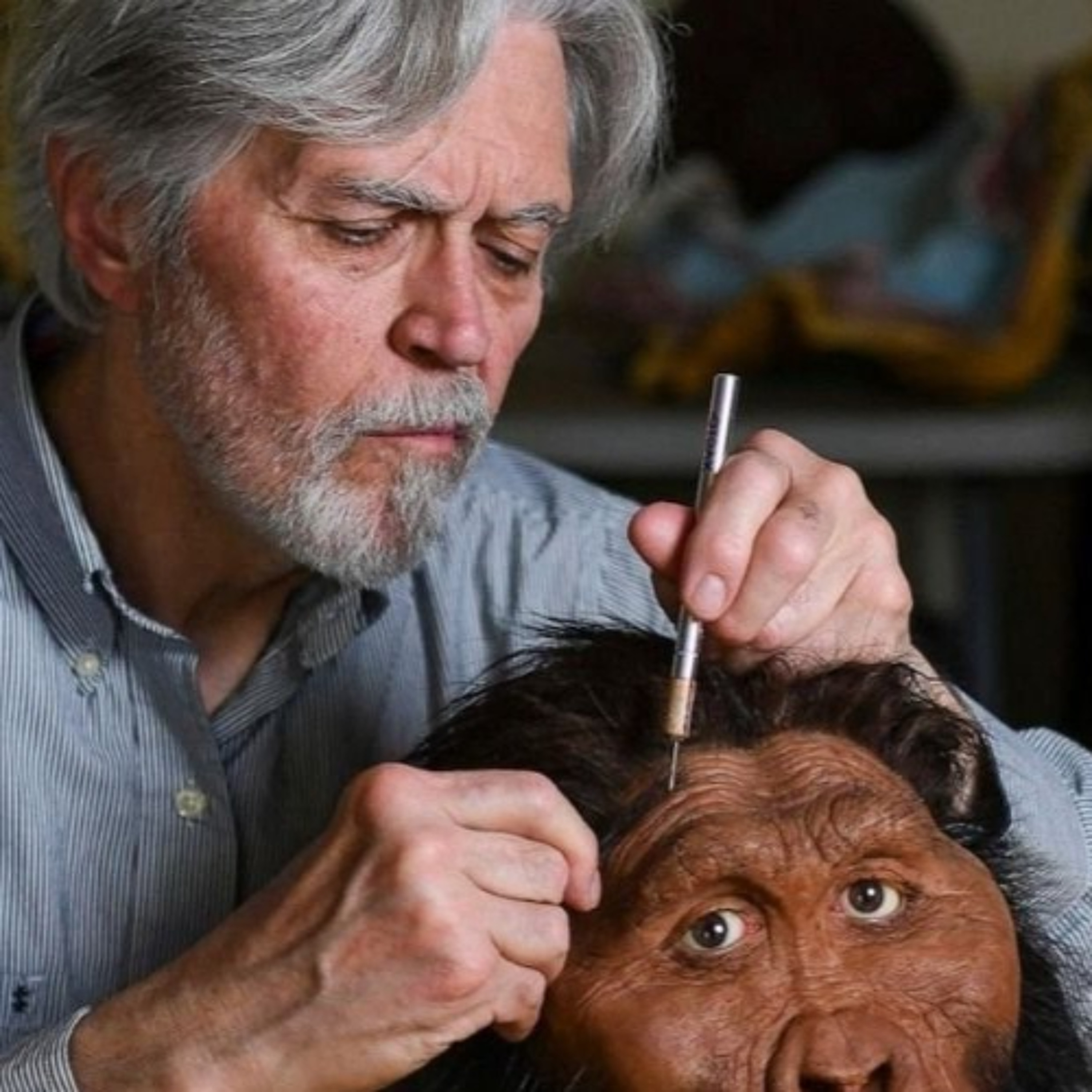
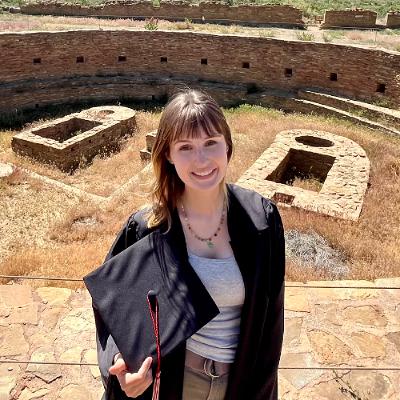
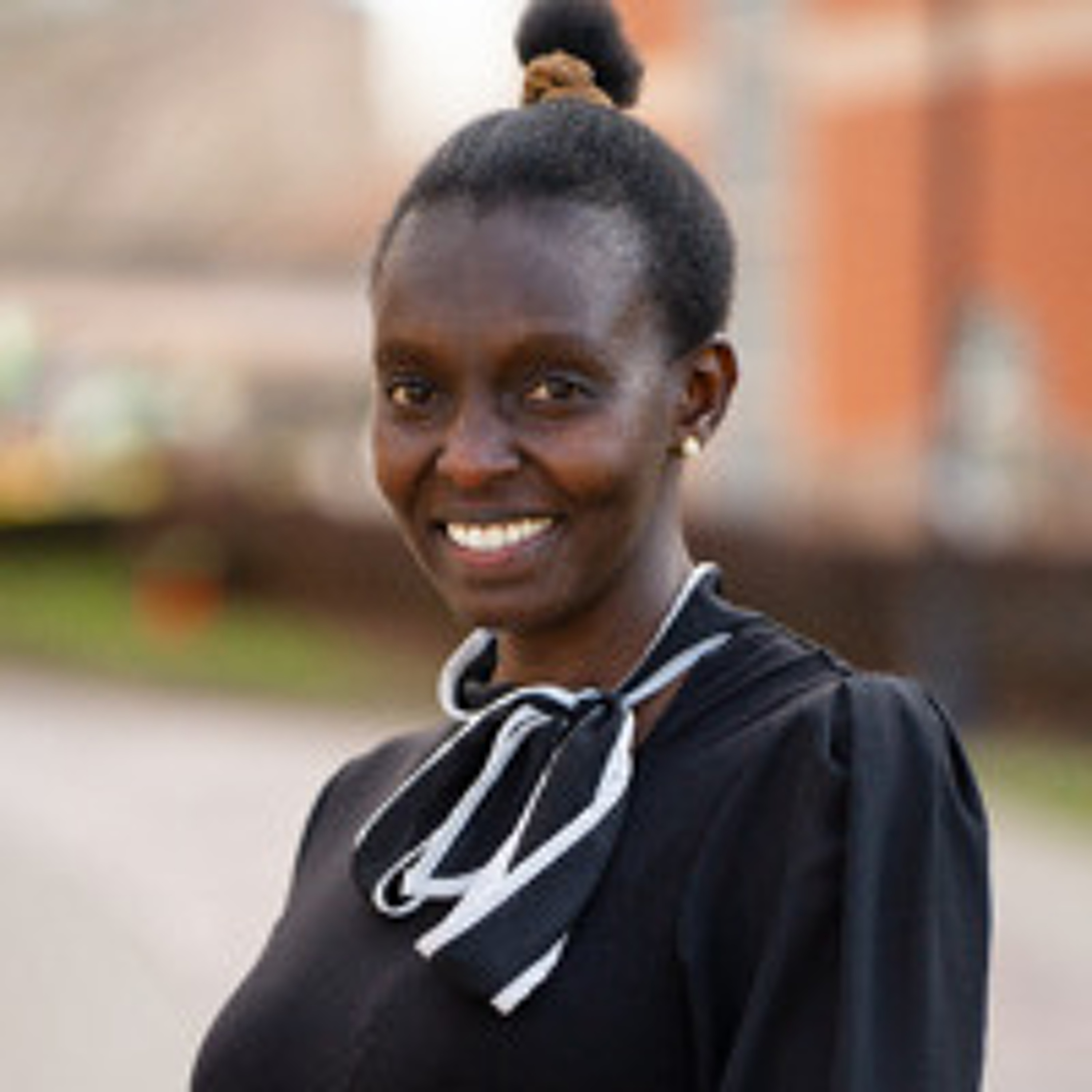
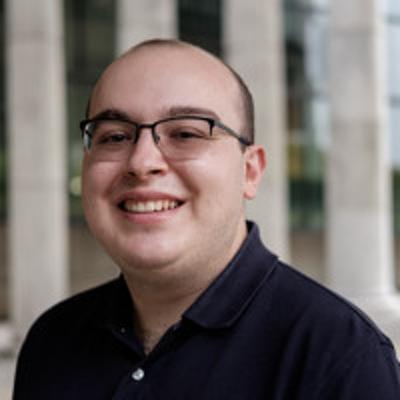
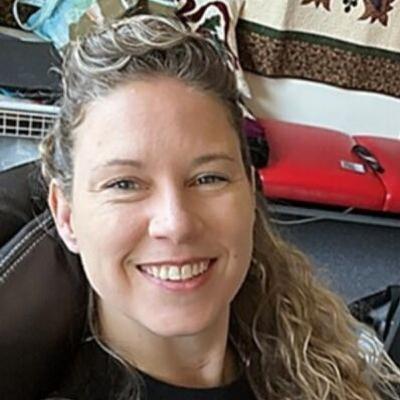
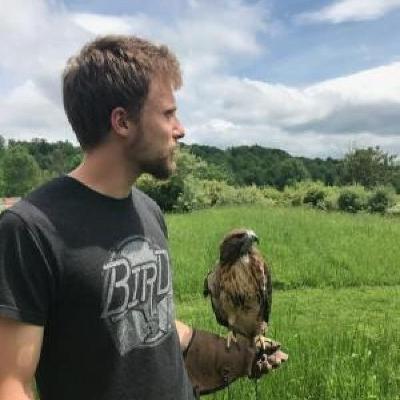
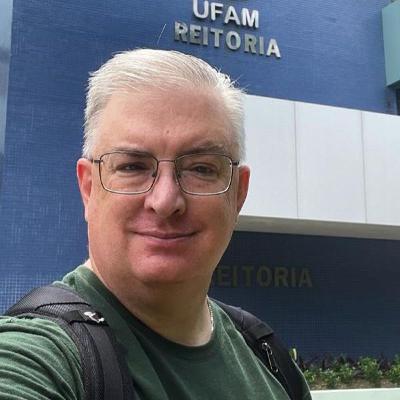
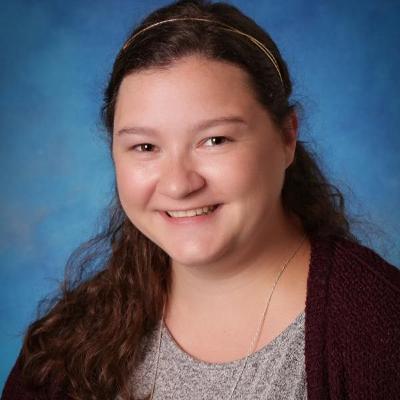
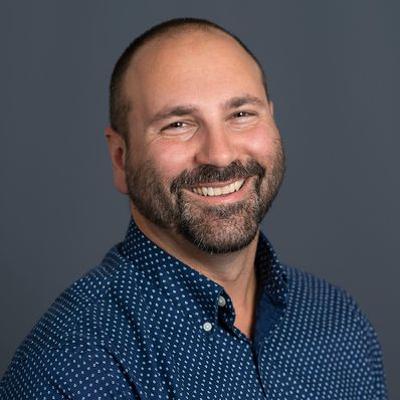
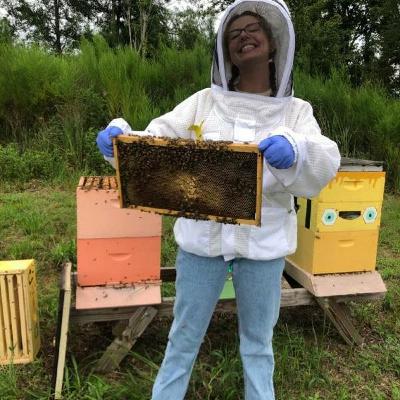
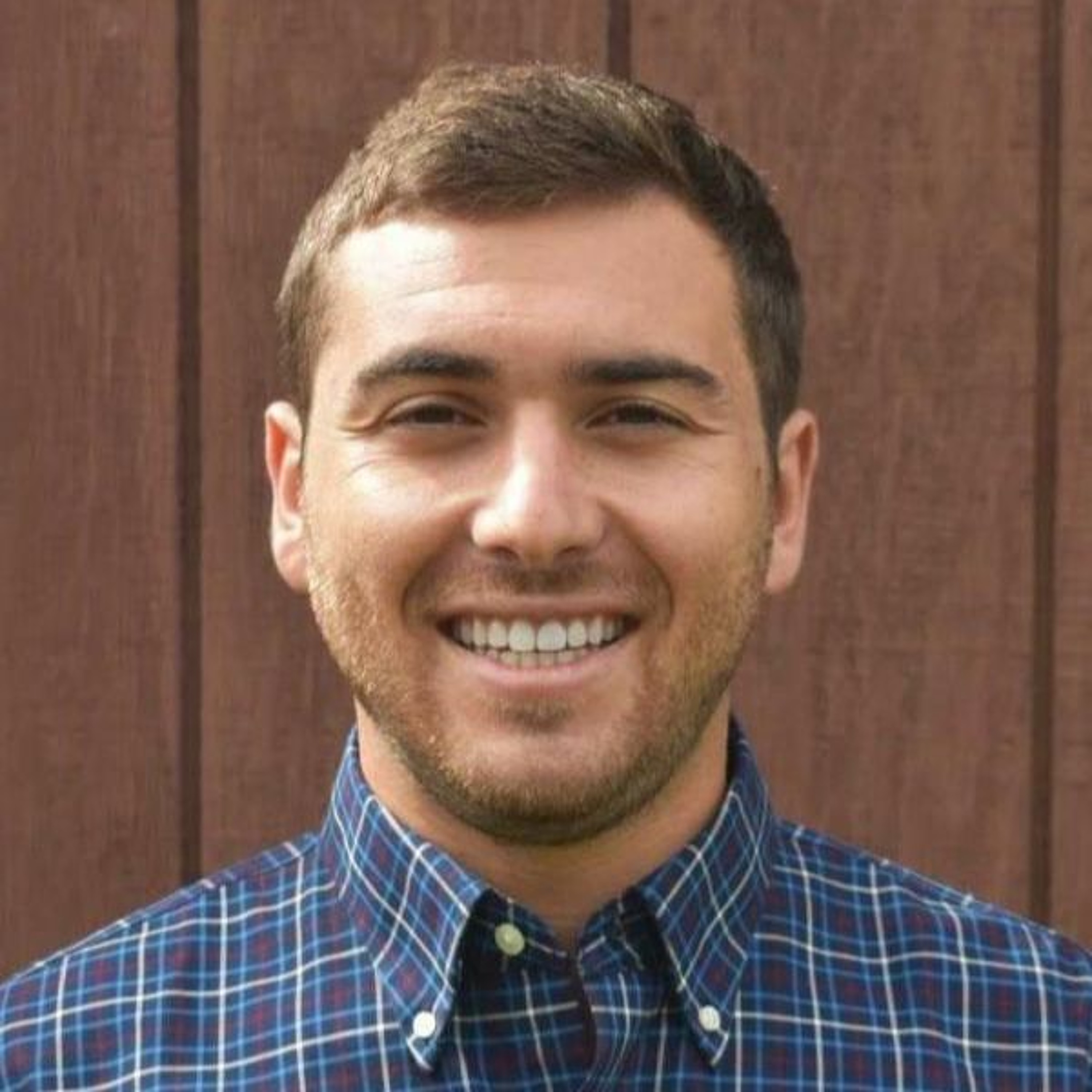
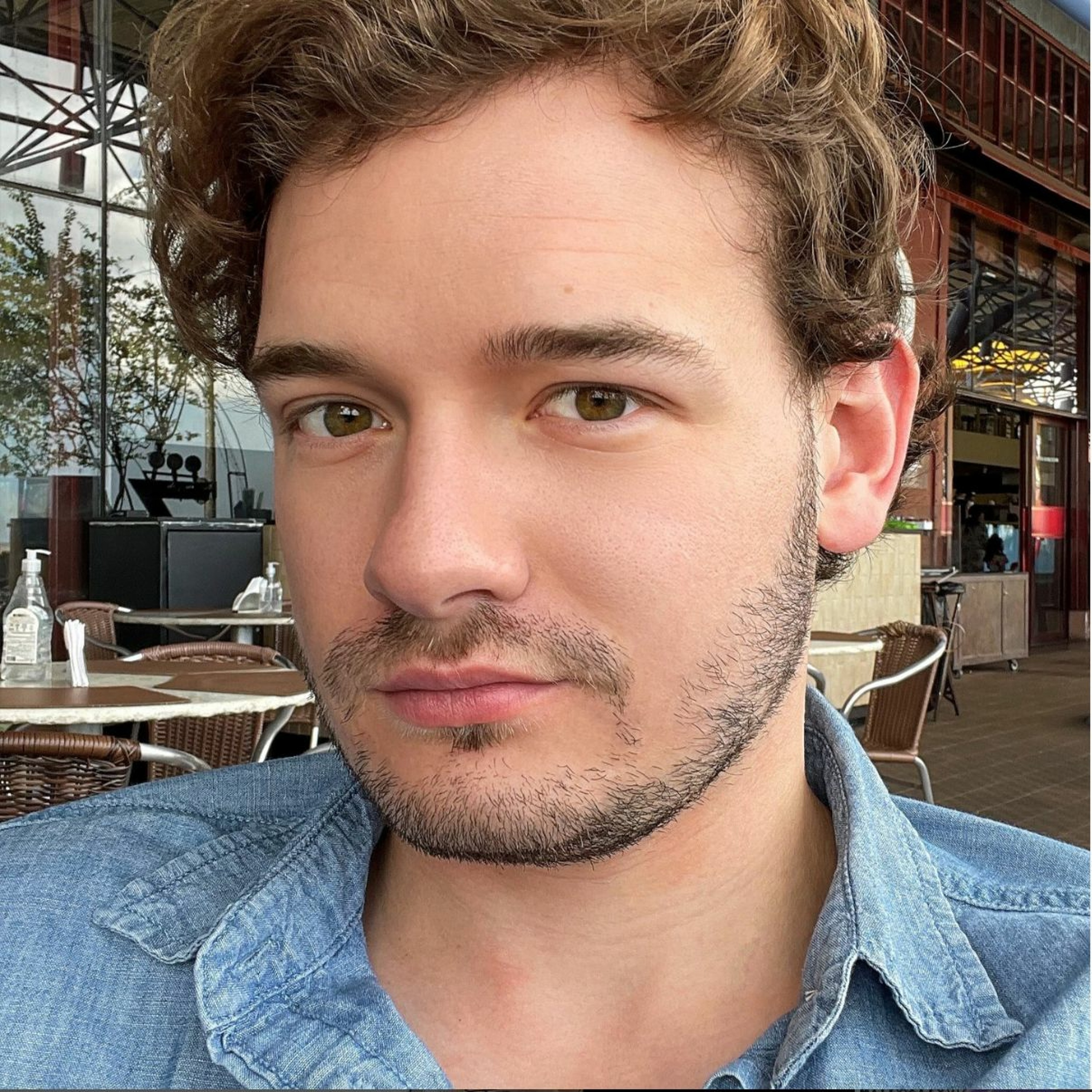
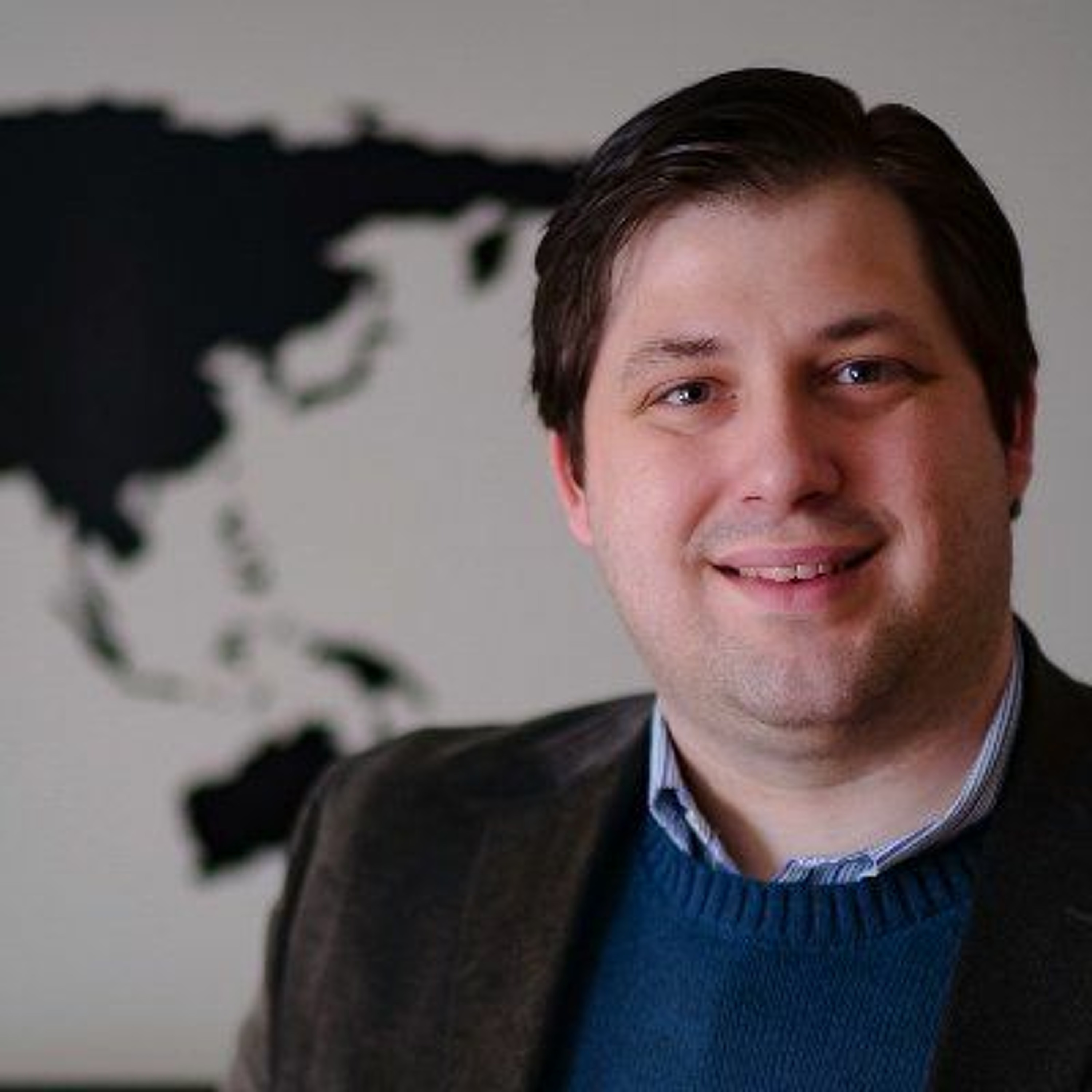
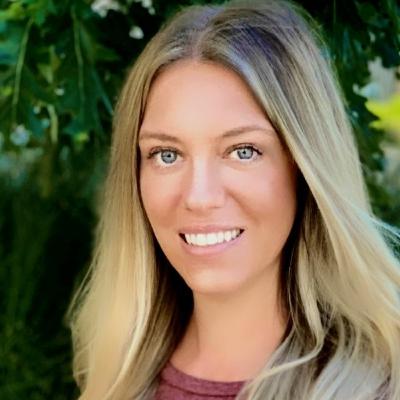
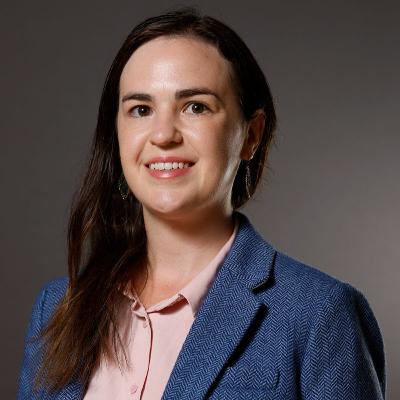
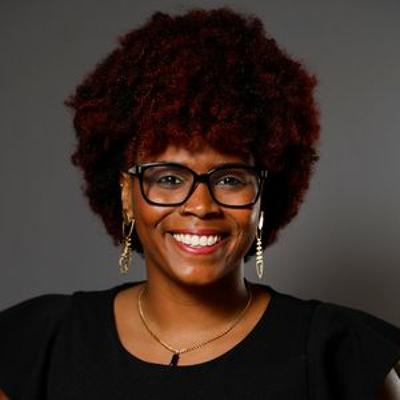
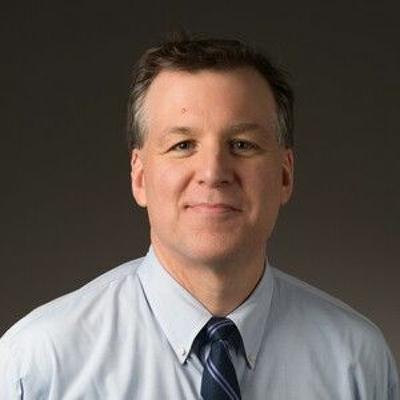
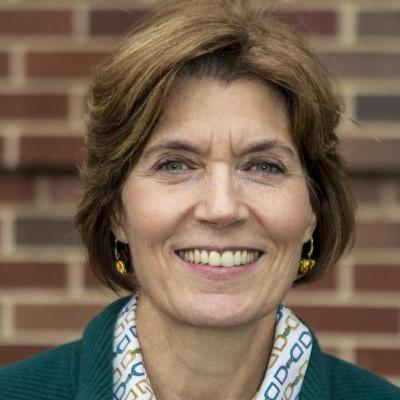
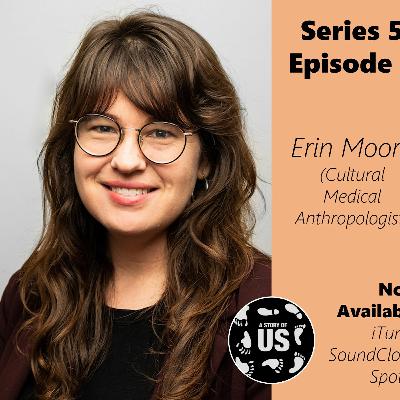
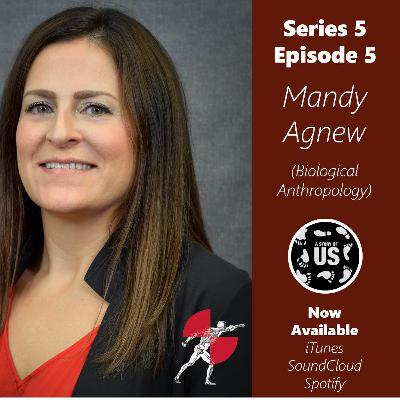


great topics